D'var Torah

Purim Reminds Us Rights Shouldn’t Be Tied to the Whims of Rulers
A D’var Torah for Purim by Rabbi Micah Buck-Yael As a Queer and Trans Jew, Purim has long held a special place in my heart as a holiday that envisions a world in which oppression can be turned upside down, in which coming out can be liberatory and world-changing, and miracles come to life through...
more
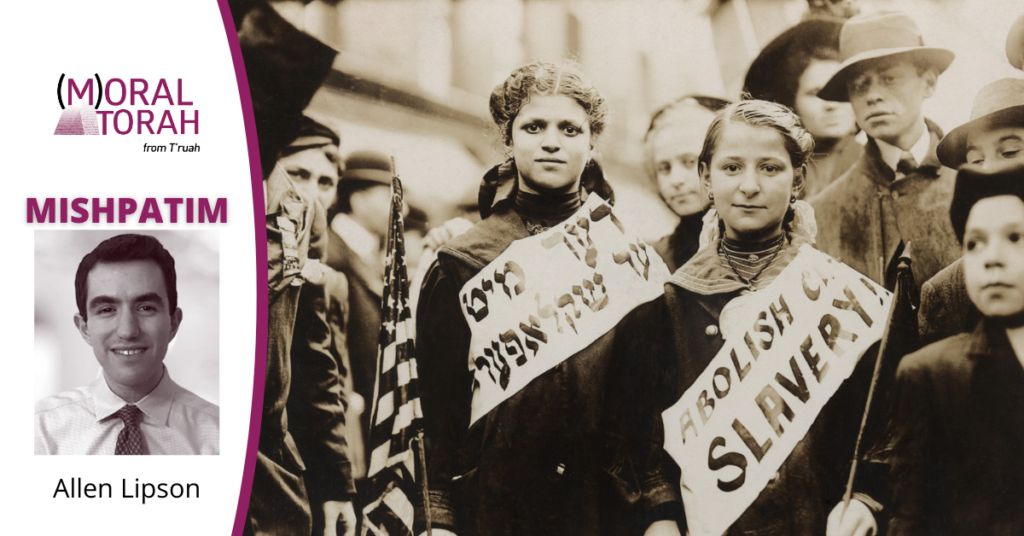
What Progressive Jewishness Could Have Been
A D’var Torah for Parshat Mishpatim by Allen Lipson As workers across the country lead backs-to-the-wall organizing drives in the long odds of a COVID economy, Parshat Mishpatim’s labor laws offer a timely opportunity to reclaim the legacy of Rav Avraham Bick’s Mishnas Ha’Poel (The Teaching of the Worker), an all-but-forgotten tale of Jewish class...
more
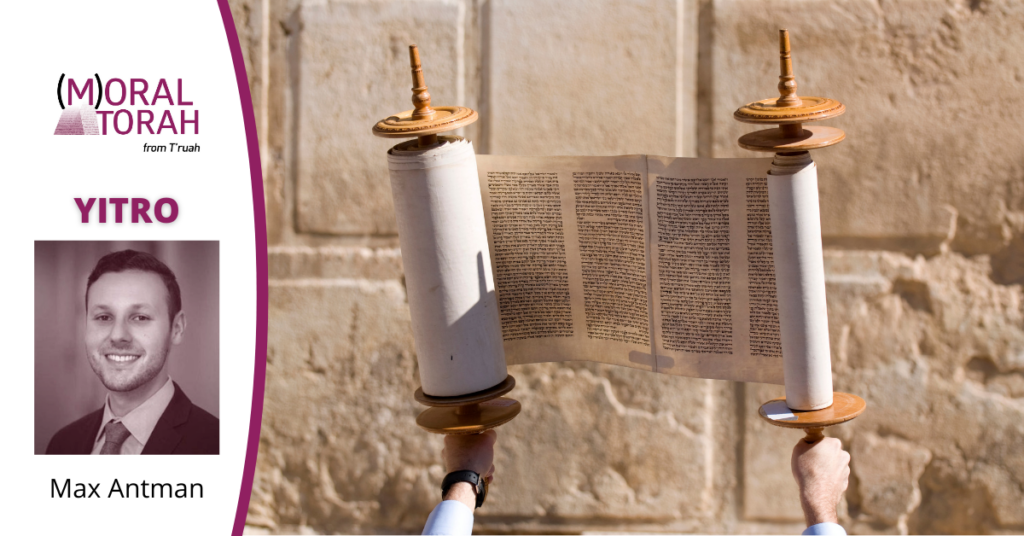
The Miracle of Translation
To create meaningful and lasting change in our world, we can never dilute the messages we so believe in. Instead, we must work hard to make those messages accessible to people of a variety of social and political backgrounds, relying heavily on our most sacred tactic: the “miracle of translation.”
more
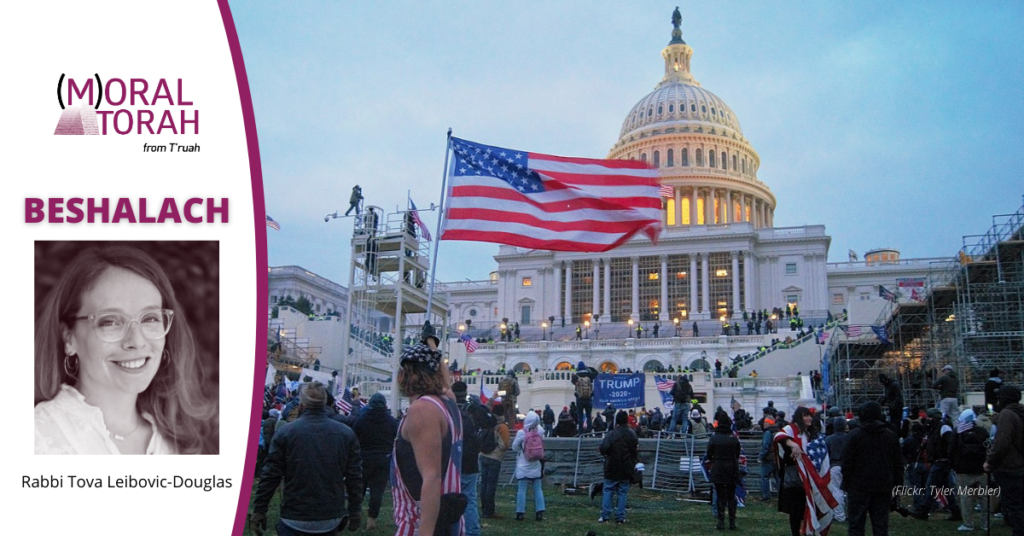
The Spiritual Task of Our Time
A D’var Torah for Parshat Beshalach by Rabbi Tova Leibovic-Douglas Someone asked me recently if I was a “Social Justice Rabbi.” I found the question odd, so I replied, “If you mean a rabbi that cares about everyone’s human rights and our world? Then yes, I am a Social Justice Rabbi.” And I continue to...
more
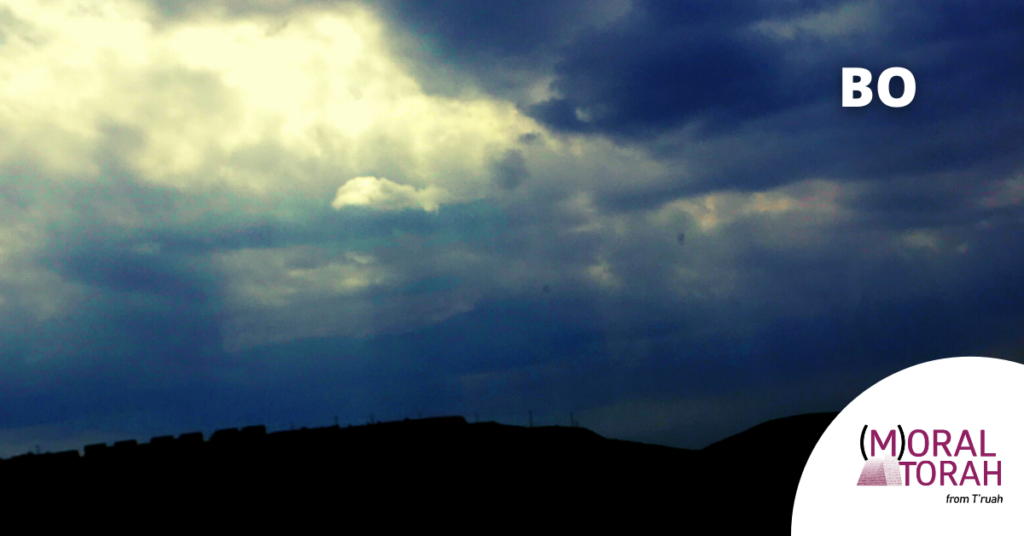
Emerging from the Darkness into the Light
A D’var Torah by Rabbi Nancy Wiener for Parshat Bo The rabbis teach that, at the dawning of a new day, we must wait to begin our morning prayers until we can recognize another’s face in the distance. In this inaugural week, we can now see faces that reflect our nation’s diversity in the House...
more
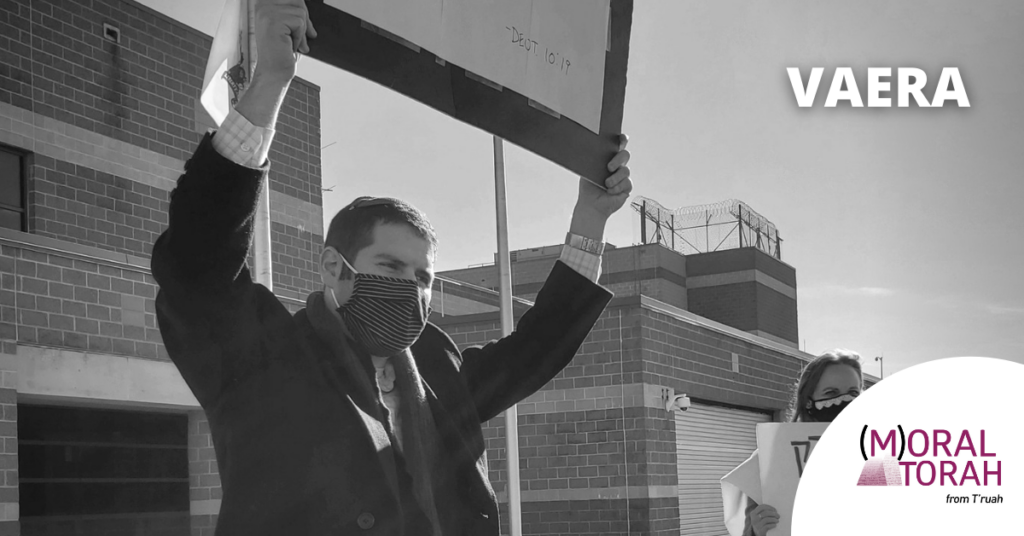
A Message That Will Be Heard
A D’var Torah for Parshat VaEra by Rabbi Dr. Oren Z. Steinitz “Just as it is a mitzvah for a person to deliver a message that will be heard, so is it a mitzvah for a person not to deliver a message that will not be heard.” (Babylonian Talmud, Yevamot, 65b). This statement, attributed to...
more
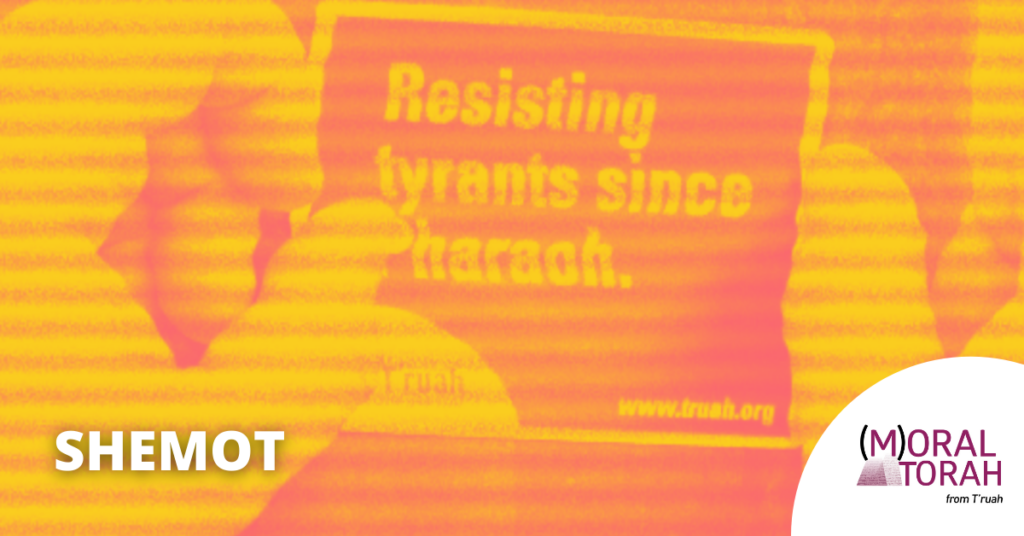
Moses the Radical
In his work The Pedagogy of the Oppressed, Paulo Freire, a renowned 20th century Brazilian philosopher and teacher credited as one of the founders of critical pedagogy, defines the radical as one who is ”committed to human liberation..."
more
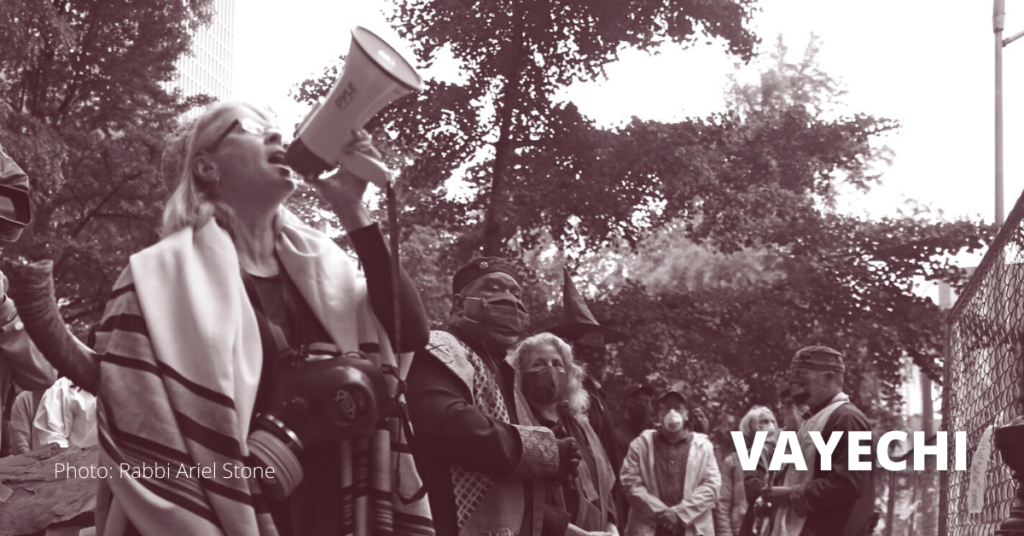
Closing Words from Genesis
A D’var Torah for Parshat Vayechi by Randi Weingarten The Book of Genesis, the first in the Jewish Bible, begins with the creation of the universe. It can’t get more big picture than that. We are told that the creation of humanity is accomplished so that every person is b’tzelem elohim, in the image of...
more
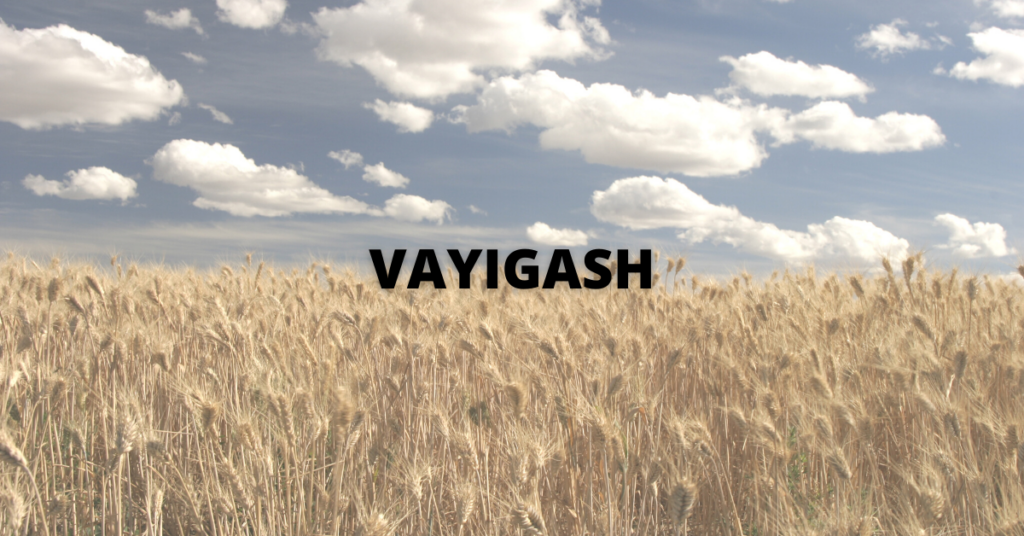
Was Joseph a Good Person?
Let’s review how Joseph exercises power once he achieves it in Egypt. He takes revenge on the brothers who sold him into slavery, by calling them spies and holding Shimon in prison. Then, after reconciling with them, he uses his position to enrich his family, giving them the fertile land of Goshen to settle in....
more
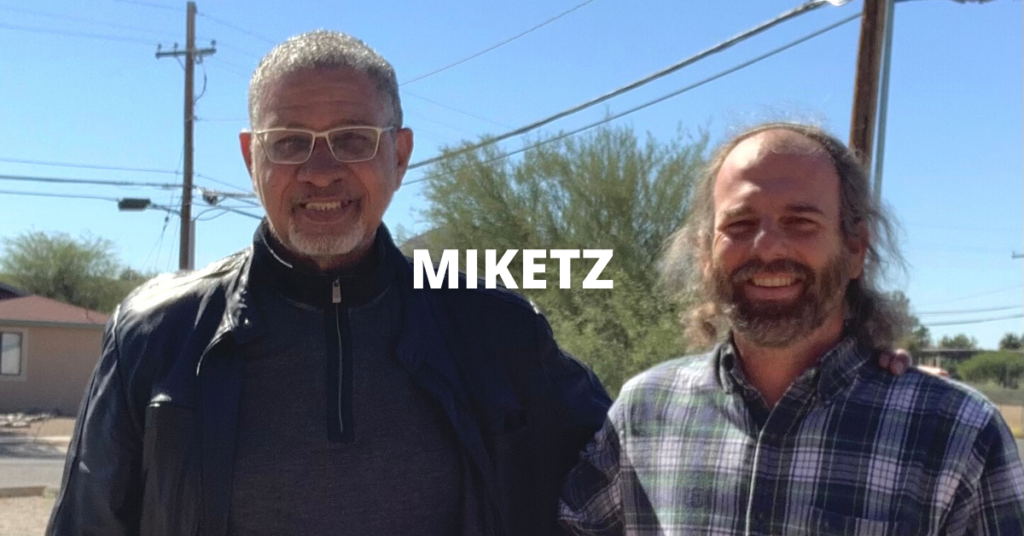
How A White Rabbi and An African-American Pastor Read Joseph’s Story Completely Differently
A D’var Torah for Parshat Miketz by Rabbi Ruven Barkan This summer, as we lived through the social upheaval fueled by COVID-19 and sparked by police brutality, I began to recognize more clearly the passive yet growing isolation and alienation between Jewish and African-American communities. (Recognizing, of course, that these are not mutually exclusive categories...
more
